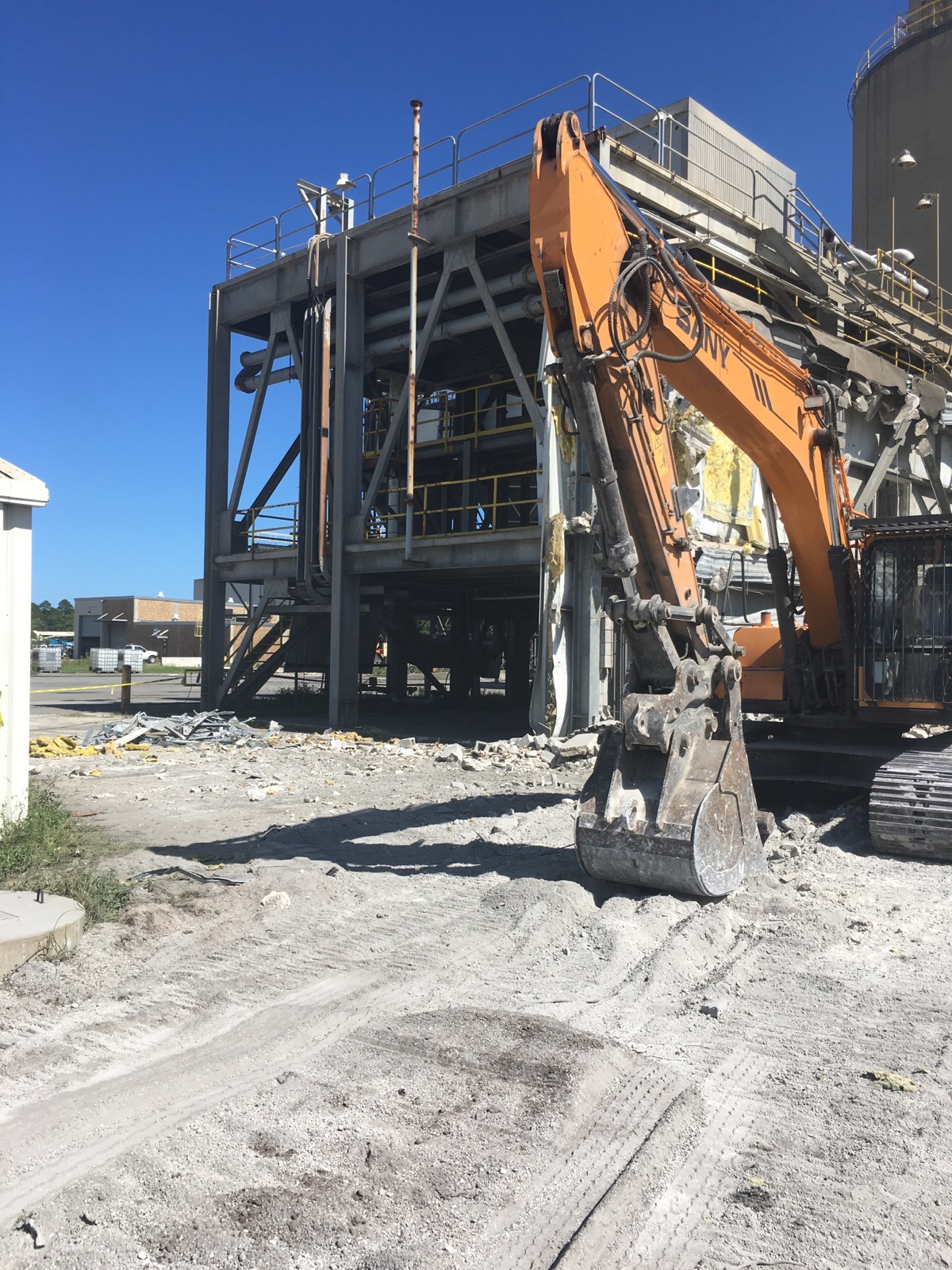
Sustainable Waste Management
Sustainable Waste Management aims to handle waste in ways that are environmentally
friendly, economically viable, and socially responsible. Within the context of a
demolition recycling company, this means maximizing the amount of waste that is
reused and recycled while minimizing what goes to landfills.
Key Principles
- Waste Hierarchy: Prioritize waste prevention, followed by reuse,
recycling, recovery, and finally disposal.
- Resource Efficiency: Treat waste as a resource, focusing on the
value it can bring when reused or recycled.
- Circular Economy: Encourage a system where products and materials
are continuously reused, reducing the need for virgin resources.
Strategies Employed
- Deconstruction over Demolition: Deconstruct buildings to salvage
materials for reuse, rather than demolishing and sending waste to landfills.
- Material Segregation: Separate waste materials at the source, enhancing
the efficiency of recycling processes.
- Recycling and Upcycling: Convert waste materials into new products
or upcycle them for higher-value applications.
- Landfill Diversion: Aim to minimize the amount of waste sent to
landfills, reducing environmental impact.
- Education & Training: Ensure that employees are knowledgeable about
sustainable waste practices.
Benefits
- Environmental: Reduces carbon footprint, conserves natural resources,
and limits pollution.
- Economic: Can result in cost savings by selling recycled materials
or avoiding landfill fees.
- Social: Contributes to healthier communities by reducing environmental
hazards and creating green jobs.
Looking Ahead
With increasing awareness about environmental issues and resource constraints, sustainable
waste management is no longer just an option; it's a necessity. Demolition recycling
companies play a crucial role in promoting a more sustainable future by implementing
and promoting these practices.